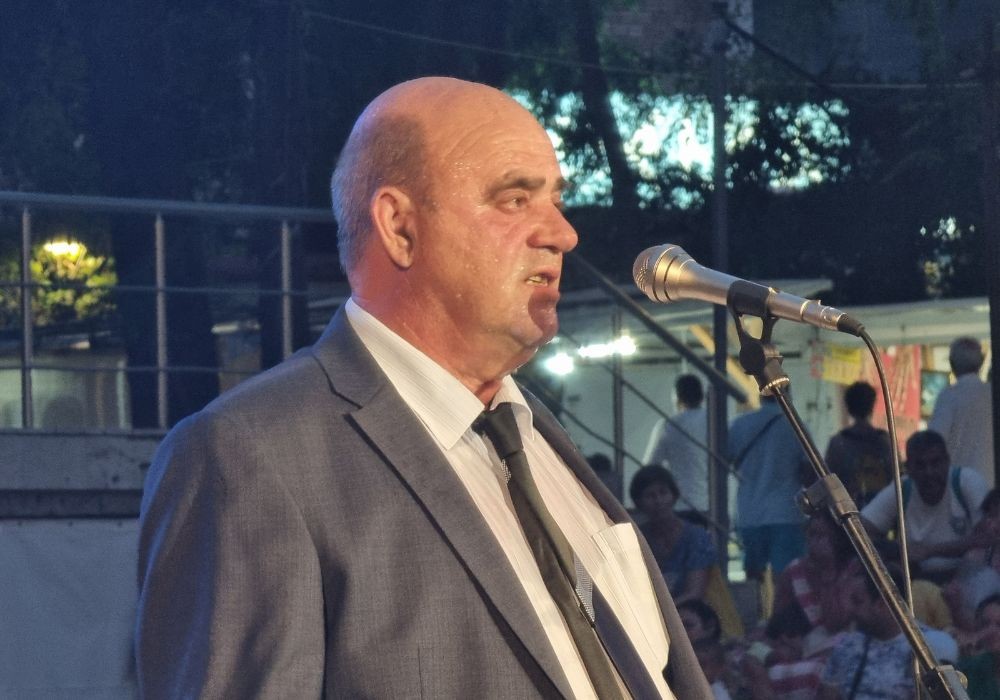Archaeologists have explored a necropolis in the Kavatsi area near Sozopol. The perimeter in which it is located is part of the history of Apollonia Pontica and is dated to the 4th century BC. "This is a site with interesting burials in which a nuance of Thracian religious ritual is found. We discovered the first ritually buried horse in the Apollonia necropolis and the first tomb inscription with Thracian names. Of course, all the details of the cult of the dead are also present", Sozopol Archaeological Museum’s director Dimitar Nedev told BNR-Burgas.
 He also announced that the archaeological works near the old town of Sozopol have been completed. The Roman level reached by the archaeologists has uncovered necropolises and remarkable artifacts, such as a funerary stele depicting a dancing man with a dog, likely representing a noble resident of Apollonia. Other finds include lead sling weights, bronze arrows and 22 silver scyphate coins. Among the discoveries are also valuable painted ceramic vessels, which were expensive and luxurious for their time.
He also announced that the archaeological works near the old town of Sozopol have been completed. The Roman level reached by the archaeologists has uncovered necropolises and remarkable artifacts, such as a funerary stele depicting a dancing man with a dog, likely representing a noble resident of Apollonia. Other finds include lead sling weights, bronze arrows and 22 silver scyphate coins. Among the discoveries are also valuable painted ceramic vessels, which were expensive and luxurious for their time.
Scientists are adamant that wealthy and prominent individuals lived in Apollonia Pontica, as similar artifacts have been uncovered in the other 60 graves from the 4th century BC near the Kavatsi area. An anthropological analysis of the remains is yet to be conducted, which will provide more information about their history.
Photos: BGNES: BTAThey call Nikopol “the town of ages” because its history goes back thousands of years. It was founded as a settlement in the year 169 during the reign of Roman Emperor Marcus Aurelius. In 629, theByzantine Emperor renamed the town to Nicopolis, meaning..
There are rumours and speculations that some forgeries, so good that they are not inferior to the originals, could be found among the exhibits in the museums, but at the moment a whole series of forgeries can be seen at an exhibition..
A unique statue from the Roman period of Odessos, preliminarily dated to the late 2nd to the first half of the 3rd century, has been discovered during excavation works near the train station in Varna, said archaeologists from the Varna Regional..
105 years ago, on November 27, 1919, a treaty was signed in the Parisian suburb of Neuilly-sur-Seine, officially ending Bulgaria's..

+359 2 9336 661
